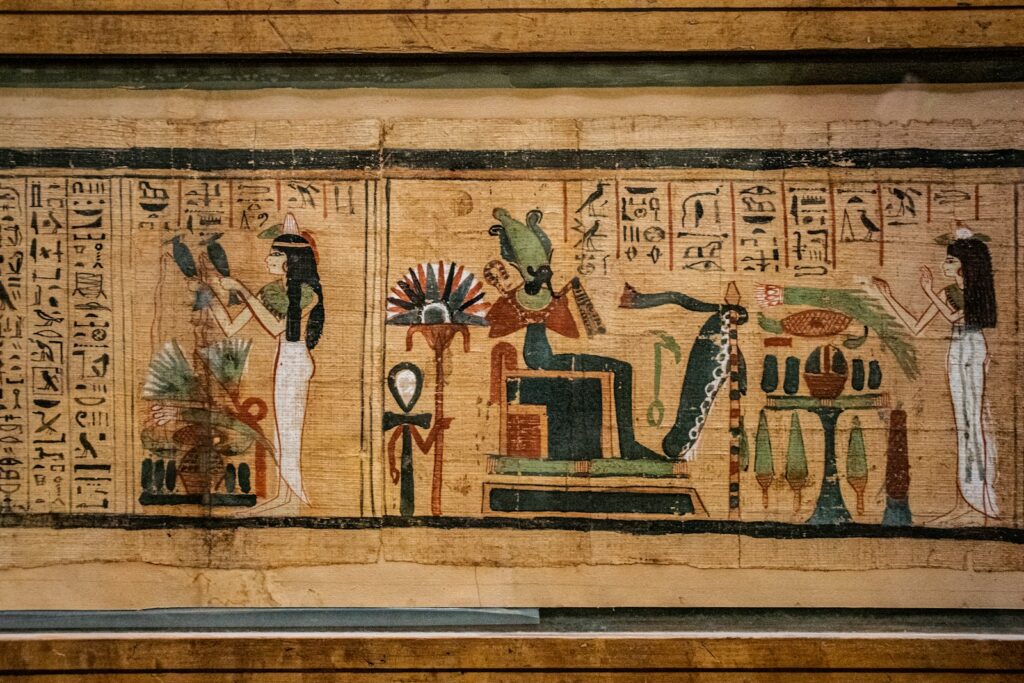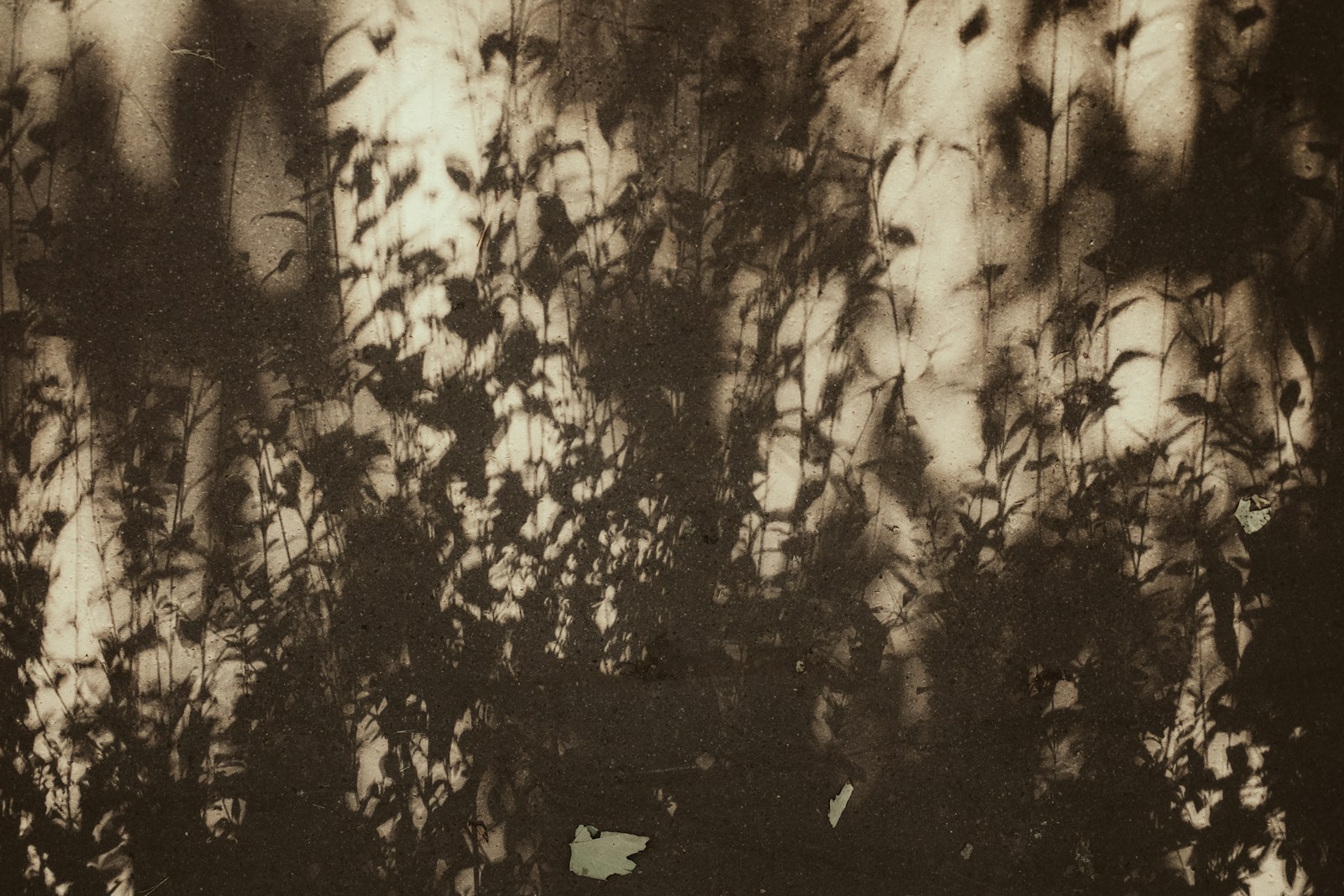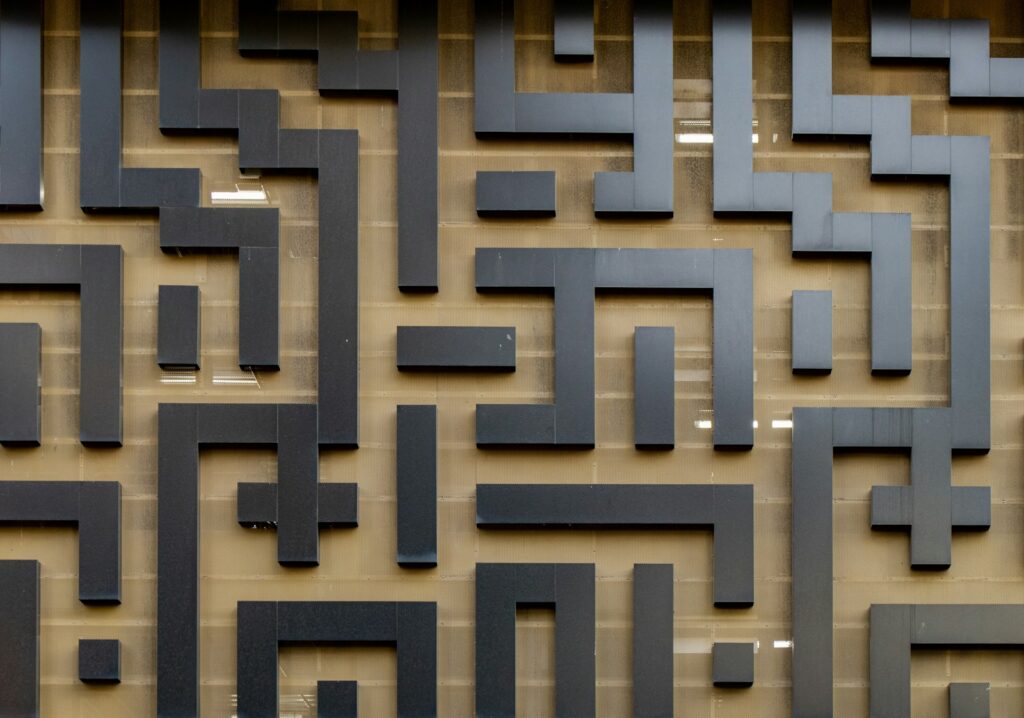When we are reflecting on our lives and in retrospect, the shadow of the past may lurk beneath our understanding of life itself. One cannot escape from one’s past. For some people, this past experience may grip them tight and hold them close. Hence, the shadow of the past may become a double-edged sword in our lives. It can help us to become a better person, or it may dig a hole to bury us alive.
Reflecting on the past
Each of us has a unique experience in life that builds up our perception of life and of viewing ourselves. Therefore, there are certain things that need to be acknowledged when we are reflecting on our past.
Firstly, the past lies behind us but is also a fragment of the present. How we view our present experience may get contaminated by our past experience. By realising this, it will help us to acknowledge that we have chances to change how we view our past experience based on how we view this present experience. The past may hold us closer than it should be when we dwell into it more than we should. So to interconnect the past and the present and also the future, we can balance the tension of our past experience through this present moment.
The second one is that our past contains lessons that need to be learnt, and to learn those lessons, we need to reflect from an objective point of view. To be objective, perhaps for some people in certain situations, is by detaching ourselves from that situation using another perspective. The other way is perhaps by defining what we feel towards that memory. And it may not be an easy thing to achieve. So whenever our past contaminates our ability to reflect on life, it may be a good start to retrospect from our emotional point of view. We can start by defining what we feel towards that memory.
The third one is that it can be used as a stepping stone for our growth. Our pasts contain so many lessons that need to be learnt and acknowledged when we are ready to be objective and to not frame them as obstacles but more so as a stepping stone.

Feel the past to unpack the baggage
There is a metaphorical situation that often describes our unresolved emotion or anything from the past. It is like carrying the same baggage while adding things into that baggage. The baggage will get heavier and heavier, up to the point where it can cause a breakdown and even some symptoms in our physical body. Realised or not, we all have that baggage. We carry some baggage from our past. Then how to unpack the baggage?
Before we continue, it is important to highlight that any of these are not a replacement method for therapy or having professional consultation. This is a perspective of mine that may help you reframing the past. So when we are talking about the past, it means that we are talking about chronos, a linear time in Greek. And this is the more common concept about time than Kairos. We know this linear concept of time and have divided it into three types: the past, the present, and the future. You can check our article about time’s perspective here.
From this concept, we know that our present is what lies between our past and our future. It is the Now. It is also the way to access the other concept of time, Kairos. Within Kairos, we dwell ourselves in the depths of the now. It is something that may help us to unpack the baggage. To go into that baggage with the tunnel of Now. It is the chance to finally be able to feel the similarity of emotion that stems from our baggage or our past experience.
Moreover, realising the emotion in the Now may help us to pay the debts of unfelt emotions during past experiences when we were unable to feel because our body had shut down as a coping mechanism.

Learn the Lesson
You who let yourselves feel: enter the breathing
That is more than your own.
Let it brush your cheeks
as it divides and rejoins behind you.Blessed ones, whole ones,
you where the heart begins:
You are the bow that shoots the arrows
and you are the target.Fear not the pain. Let its weight fall back
into the earth;
for heavy are the mountains, heavy the seas.The trees you planted in childhood have grown
too heavy. You cannot bring them along.
Give yourselves to the air, to what you cannot hold.You who let yourselves feel: enter the breathing, Rainer Maria Rilke
English version by Anita Barrows and Joanna Macy
Our experiences in life deliver some lessons for us. I am one of those who believe that everything that happens has its own meaning. Life teaches us lessons and whispers us wisdom. Sometimes the lesson is obvious, but more often the wisdom is subtle. Other times it comes as if a wind blows when the tense is higher. Sometimes it’s a whisper in ears. The point is we have to realise and acknowledge life’s wisdom. Meaning, there is an active process there.
We can’t just sit and hope the wisdom taps on our laps. The lesson may do that since life’s lesson is more stubborn than wisdom. It will come to us and bang our doors until we open the door and welcome it. Then life’s lesson will shift and transform its form and do the same things. over and over.
On the other hand, Wisdom is not stubborn but shy. She needs to be invited by showing her our readiness. Wisdom reads signs and symbols that we represent. She needs space to welcome her in creating meanings. Therefore, we have to invite meanings into our lives.
Conclusion
We need to be the meaning-makers to welcome wisdom, including the wisdom from the past that may emanate from the shadow of the past itself. Moreover, we seek, invite, and understand the meaning of our lives perhaps while we are sleeping. When we pray. When we meditate. Whatever we do that helps us to listen to our inner voice and then to understand the language and to clearly comprehend the message from our Inner Knowing. This, then, leads us to the last article of this series.
The past is such a curious creature,
To look her in the face
A transport may reward us,
Or a disgrace.Unarmed if any meet her,
The Past, Emily Dickinson
I charge him, fly!
Her rusty ammunition
Might yet reply!




